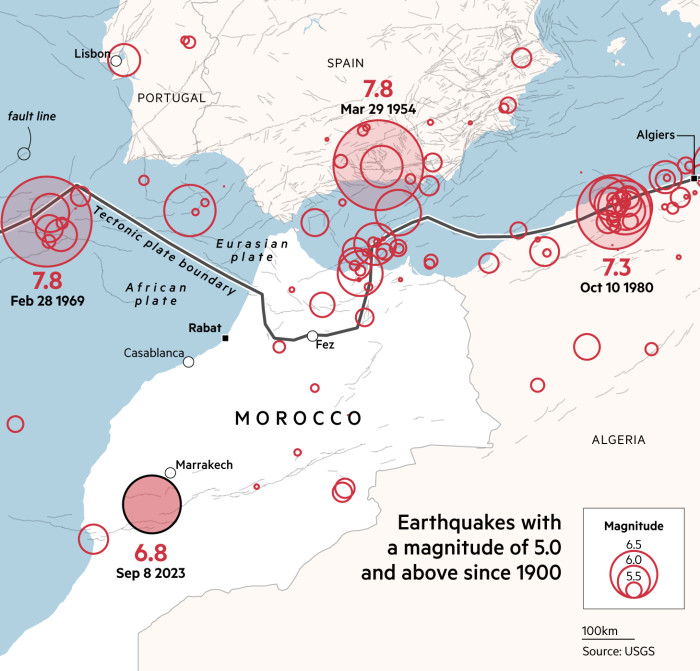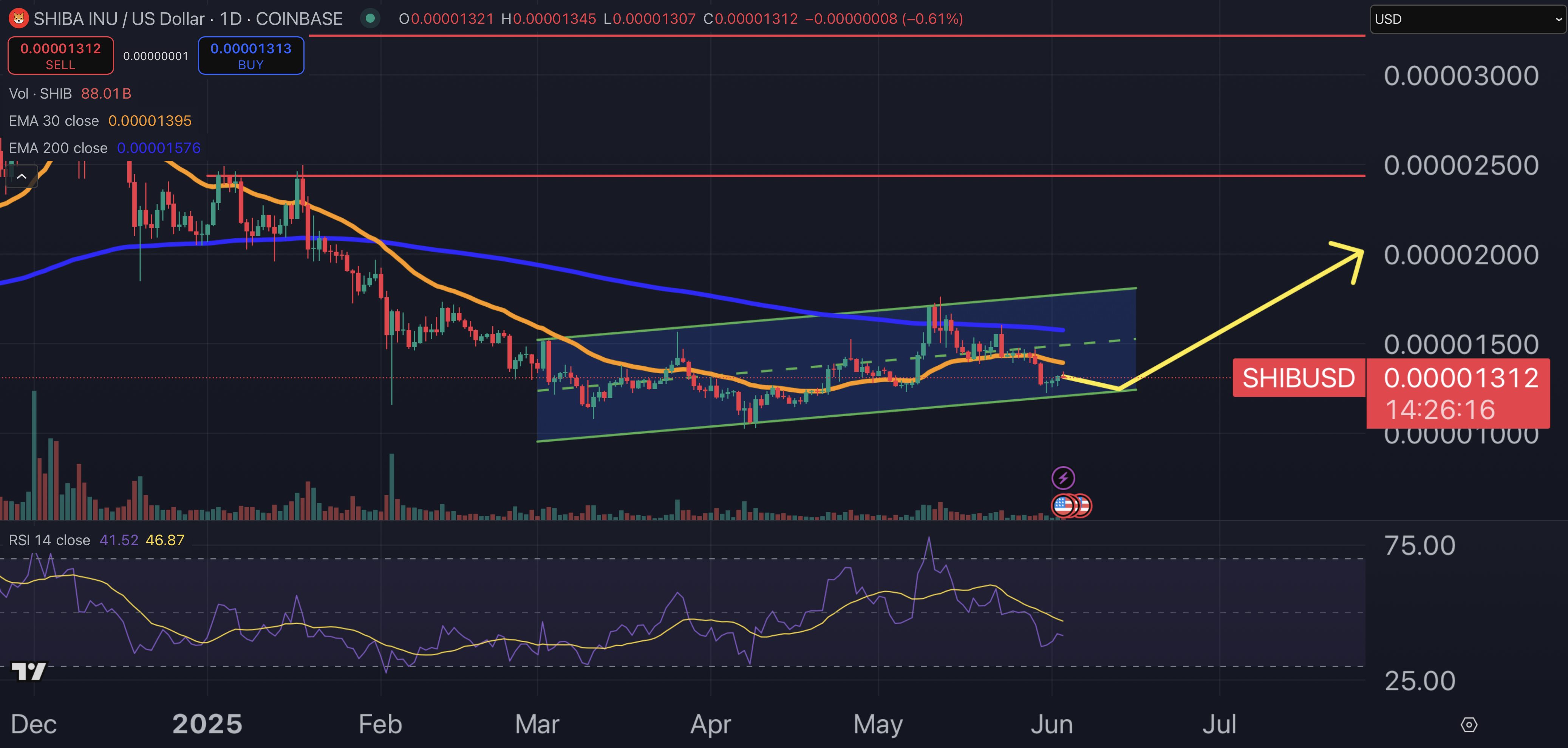Receive free Morocco updates
We’ll send you a myFT Daily Digest email rounding up the latest Morocco news every morning.
Morocco has not responded to an initial offer from France to join international efforts to help victims of Friday’s powerful earthquake, in an apparent diplomatic snub to one of its biggest economic partners.
President Emmanuel Macron was quick to offer French help to its former colony following the quake late on Friday, which he called a “tragedy that touches us all”.
“We have mobilised all of the technical and security teams to be ready to intervene when the Moroccan authorities determine it would be useful,” he said on Sunday on the sidelines of the G20 summit in India.
“The second we receive a request for aid, it will be deployed. It is obviously up to the Moroccan authorities to decide what they need,” he added.
Some 2,681 people died in Friday evening’s quake that levelled scores of mountain villages in the north African country.
Yet, as of Monday afternoon, the fact that Morocco had preferred to accept help from the UK, Spain, Qatar and the United Arab Emirates had provoked hand-wringing in quarters of the French media, with outlets casting it as another sign of the poor relationship between France and Morocco.
The kingdom has also not given the green light to aid offers from the US, Israel and Turkey, which experienced its own massive earthquake this year.
Catherine Colonna, France’s foreign minister, sought to damp down the controversy. “We offered help, as did some 60 countries, and Morocco decides in a sovereign manner who to call on,” she said on BFMTV on Monday. “We must respect this decision. It’s their country . . . and we have full confidence in the authorities to organise the response.”
France is one of Morocco’s top trading partners, a leading source of its foreign investment and home to roughly 1.5mn Moroccans, including more than 600,000 dual nationals.
But relations between France and Morocco have been tense in recent years. Rabat has not had an ambassador in Paris since January, and a planned visit by Macron to the kingdom has been postponed several times.
One issue has been the disputed territory of Western Sahara, which Rabat wants France to recognise as Moroccan. But Paris has not followed the example of the US, which formally recognised Moroccan sovereignty in the area in 2020.
Another source of tension has been Macron’s longstanding efforts to improve French relations with Algeria, Morocco’s regional rival and the main backer of the Polisario Front which seeks independence for Western Sahara.
Lingering bitterness remains over allegations in 2021 that Morocco planted spyware on smartphones belonging to Macron and French government ministers. Rabat has denied purchasing or using the spyware.
“One explanation for not taking up the offer is that it’s a message to France from Morocco, saying that just because there’s been an earthquake it doesn’t mean we’ve become weak and will accept French aid,” said a European analyst.
Lahcen Haddad, a member of the Moroccan senate and co-president of the joint EU parliament/Morocco committee, denied Rabat had rejected French support.
“When we need it we will ask for it,” he said. “I think the French media has been trying to tell us how and what to do. Do they think Morocco is so poor and backwards that we can’t do anything for ourselves?”
He added Morocco still had to take stock of the situation and the needs of the afflicted population. “This is a devastated area. Communities have been uprooted and people need tents and other things and then there will be a need for reconstruction. The French and everyone around the world will be able to help.”

Haddad noted the devastated villages close to the epicentre of the quake were in hard-to-reach mountain areas and the main problem until Sunday night has been reaching remote villages. “The [Moroccan] army knows the terrain,” he said.
Caroline Holt, head of operations for the International Federation of the Red Cross and Red Crescent Societies, said having more aid workers on the ground was not necessarily going to be effective before roads were cleared to access the afflicted villages.
“In the places that are easier to reach, the army and the civil defence and Red Crescent have been working,” she said. “Access is the key issue. Those mountain roads even at the best of times can be very difficult.”
Credit: Source link









